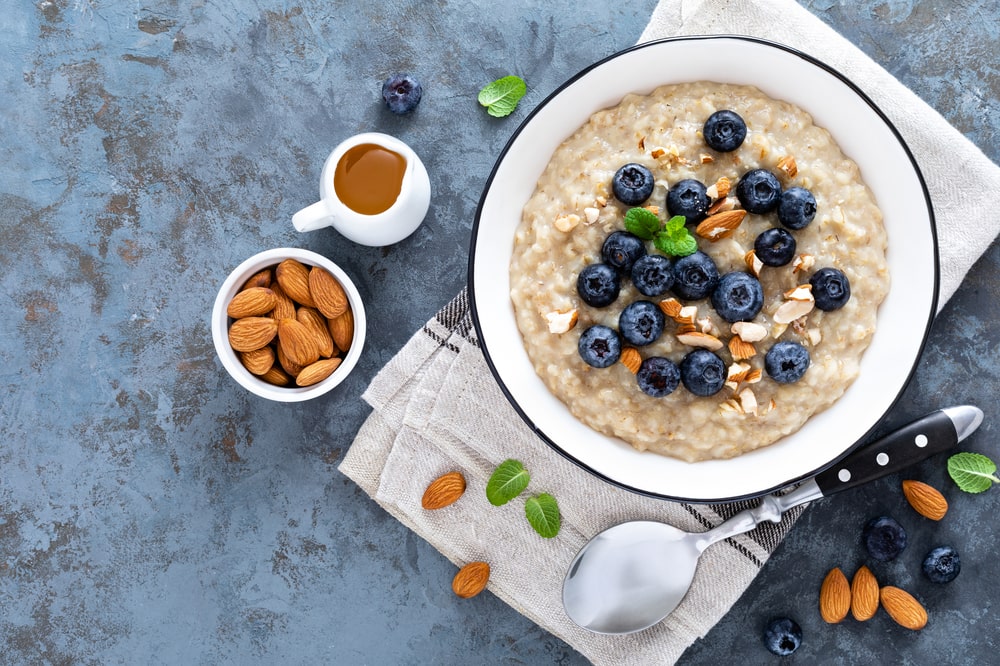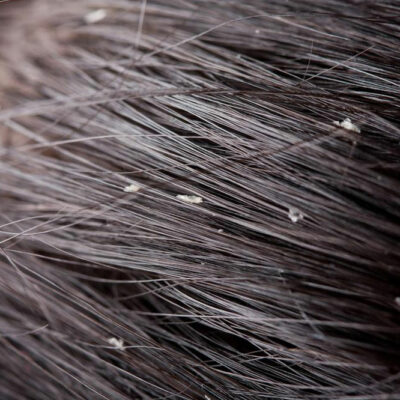
Dietary Tips for Managing Bipolar Depression
Bipolar disorder is a mental condition where the patient’s mood undergoes sharp shifts from mania (a period of hyperactivity) to depression. Just like food plays a vital role in controlling and worsening the symptoms of various other diseases, it can play a significant role in managing bipolar depression. In this article, you can find some diet tips for managing bipolar depression.
- Increase your intake of whole grains
Not only are whole grains good for your heart and digestive system, but they can also have a soothing effect on the mind. One of the best diet tips for managing bipolar depression would be to increase their consumption.
The carbohydrates present in whole grains like oatmeal, brown rice, quinoa, etc. can increase your brain’s serotonin production. This chemical helps ease anxiety and makes you feel good and more in control. - Eat more omega-3 fatty acids
According to research, omega-3 fatty acids can help treat mental disorders like mania, depression, anxiety, etc. Especially the EPA (eicosapentaenoic acid) and DHA (docosahexaenoic acid). These omega-3 acids are a part of the nerve myelin sheath and help send signals across nerve cells.
Certain omega-3 fatty acids are added to mood stabilizers to help treat depression. Omega-3 fatty acids are found in seeds, nuts, eggs, and seafood like salmon, halibut, mackerel, etc. Consuming them is perhaps one of the best diet tips for managing bipolar depression. - Consume more probiotics
Some researchers have found that the millions of bacteria living in our gut can affect the emotional state by releasing serotonin (a calming hormone) or norepinephrine (a stress hormone). Those suffering from bipolar depression can consume more probiotics to increase the concentration of good bacteria and, consequently, serotonin, in their body. Foods rich in probiotics include yogurt, kimchi, sauerkraut, kombucha, and more. - Avoid caffeine and alcohol
While consuming caffeine in small quantities can help lift the mood, long-term caffeine consumption can lead to sleep deprivation (a leading trigger for mood swings in bipolar individuals), irritability, and anxiety. It’s also recommended you avoid certain cough and cold medications that act similarly to caffeine.
Among the essential diet tips for managing bipolar depression is to reduce the intake of alcohol. It can worsen mood swings and depression, but it also interferes with medications such as lithium. Furthermore, substance abuse has been linked to premature death in patients with bipolar disorder. - Reduce your intake of fatty and sugary foods
Consuming large quantities of sugary foods like packaged juices, cookies, candies, etc. can lead to weight gain and an increase in belly fat. This can make certain bipolar medications less effective. Try substituting candies and other sugary foods with fresh fruit if you want to indulge your sweet tooth.
Similarly, meals that are rich in saturated or trans fat can interfere with the medication you take for bipolar depression by contributing to weight gain. Choosing low-fat dairy products, baking instead of deep-frying, eating lean meats and omega-3-rich oils, etc. is recommended. - Limit eating foods with tyramine
If you are taking medications, such as monoamine oxidase inhibitors (MAOIs), for treating bipolar disorder, limit your intake of foods rich in tyramine. Combining MAOIs with tyramine-rich foods can lead to a sudden spike in the tyramine levels, making your blood pressure shoot up. Some foods rich in tyramine include soybean, dried fruits, aged cheeses, cured and processed meats, fermented foods, and more.


